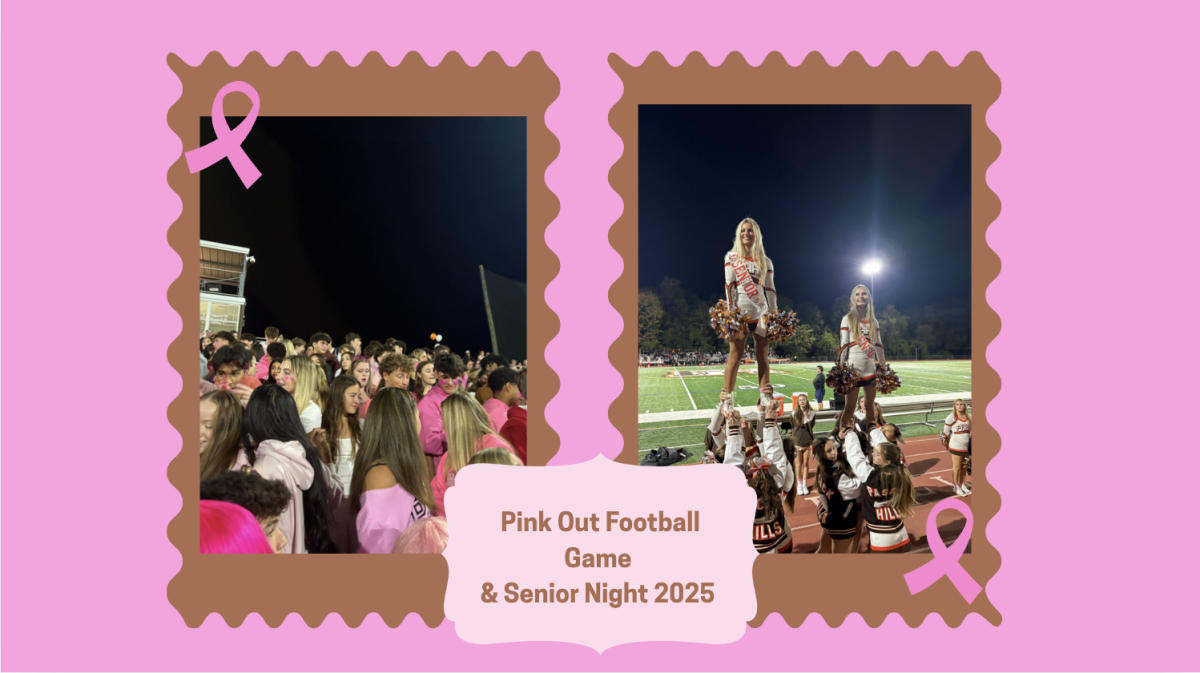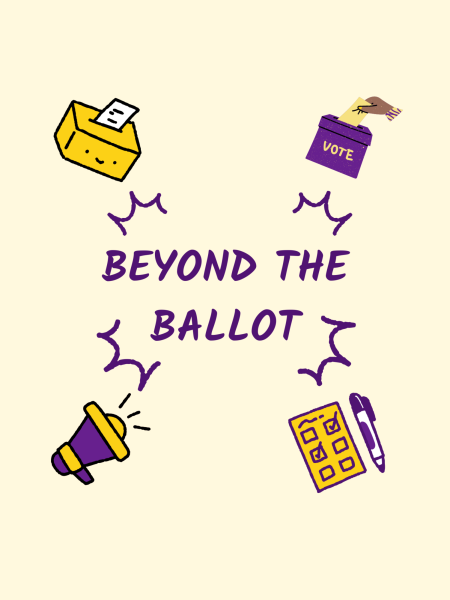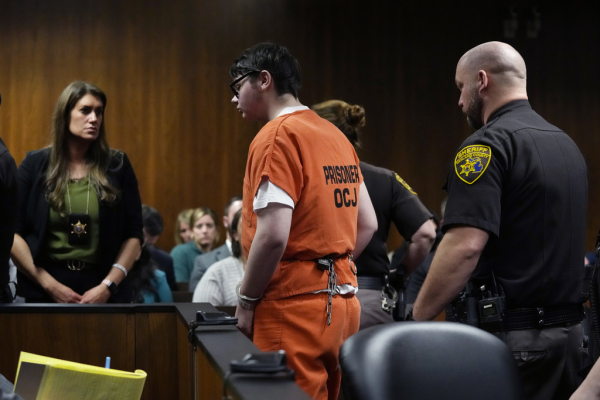The Naked Reality of Sexting

It’s hard to believe one picture can ruin a life. Simply put, a picture is merely a snapshot of a person’s life in that moment, whether it be a conscious or subconscious decision, whether that decision be good or bad. A picture, in no means, can capture the entire essence and character of a person – how can it? And yet, as soon as one particular photo is given to the wrong person, spread to the wrong group, it quickly becomes the defining feature.
In such a technology dependent world, we live behind the safety of our screens. The device that holds and controls the social lives of billions of teenagers worldwide is able to disguise itself beneath its faulty screen names and false promises of anonymity, prompting us to believe: there are no consequences. In the midst of the growing youth culture, the culture of sexting has gradually unraveled and taken form within our society.
On January 18, the administration at Pascack Valley High School discovered that several nude and partially-nude pictures of students were being shared by their fellow students via their cell phones. Allegedly, one student had over 150 inappropriate photos and approximately 30 to 40 students were called down to the office in affiliation. According to a letter sent out by Superintendent Erik P. Gunderson, authorities were contacted and the Hillsdale Police Department, along with the Bergen County Prosecutor’s Office, became involved in the investigation as “it is illegal to create, manufacture, transfer, transmit, or possess child pornography.”
As mandatory assemblies were held throughout the day at Valley, the severity of sexting was issued by Principal Tom DeMaio. While DeMaio described the situation as “widespread,” he warned students about the consequences, giving anyone with questionable pictures a chance to delete them in the next 48 hours. If not, there could be a chance to be charged with second-degree crime and possibly being registered as a Megan’s Law offender.
When addressing his students about the grave subject, DeMaio stated, “I get very disappointed when we know what’s right and wrong, and then make the wrong decision.”
In a study done by Heidi Strohmaier at Drexel University, while 54% of students admitted to sending a sext, only 16% of all girls and 8% of all boys did so out of pressure. Therefore, it can be deducted that because teenagers understand the negative results and yet, continue to send pictures at a risk, it is primarily a conscious decision.
The psychology behind this decision is complicated, however, with reasonings ranging from “being fun and flirty” to “because I received one,” as presented in one Australian survey that involved more than 2000 teenagers. One particular reasoning found to be most popular among girls is “to feel sexy and confident.”
“I think when people sext they get happy because of the positive reinforcements they get. In reality the person receiving doesn’t care about the sender at all,” stated junior Lauren Losak, a student at Hills. “The risks of sending are high but many ignore this fact, because in the moment, the positive may seem to outweigh the negative.”
While studies have found that negative consequences of sexting were rare, it does not dismiss the various cases that have happened throughout past years, ones that have led to tragedy. For example, the case of 13-year-old Hope Witsell, who sent nude photos to her boyfriend at the time, only to find them in the hands of a classmate. Before long, her pictures went viral and Witsell later committed suicide, due to the excessively bullying and taunting of her peers. Cases like these are ones that illustrates the destructive aftermath of sexting, and are the ones that call for awareness.
Unfortunately, there is no simple solution to this problem – with the continuous advancement of technology, sexting cannot cease. Many argue that the issue with this is not the “sex” but instead, the “text.” As teenagers become accessible to a variety of screens, from laptops to cell phones, it is easy to become oblivious to the fact that everything has a cause and effect. It is easy to become involved in something everyone understands is wrong, but it is even easier to turn away, to pretend that that “something wrong” isn’t happening in proximity.
“If people were more proactive and stop [the situation] right then and there, many sexting incidents could be avoided, not only at my school, but at others as well,” commented Antonio Fyfe, a sophomore at Pascack Valley High School.
As written by Gunderson, “with ongoing parental support at home, we can continue to educate our students about responsible digital citizenship and maintain their physical, emotional, and online safety.” Even though the negative aspects of sexting is discussed at school, whether it be in assemblies or classrooms, it is imperative that parents maintain an education on the reality of technology with their children and get rid of the assumption of confidentiality, even though there is no face to face contact.
“The incident is not a reflection of Pascack Valley High school whatsoever. It is a reflection of teen culture in general across the country,” stated Pascack Hills principal, Glenn DeMarrais. “We need to change our students’ perspective of everything they send electronically. The assumption that the exchange between me and one other person is private is erroneous and can be devastating and ruinous.”
Technology can be addicting and distancing, but more so, it is efficient, entertaining, and has become a significant part of everyday life. Rather than abuse the advantage that is given, we should be alert to the pros and cons of our devices, and be aware that when a wrong choice is presented it needs to be inhibited. In a cesspool of benefits from using technology, sexting as a negative may seem microscopic. But, as seen in cases before and stories that surface on the news, situations that are microscopic can induce devastating results.
Don’t let a picture, ruin a life.

Editor-In-Chief Amber is a senior and is working on her final year on The Trailblazer. She's ready to work with, train, and mentor underclassmen to one day take her job! Although she is sad to see it go, she's excited for the rest of the 2018-2019 season and making it the best yet.















































